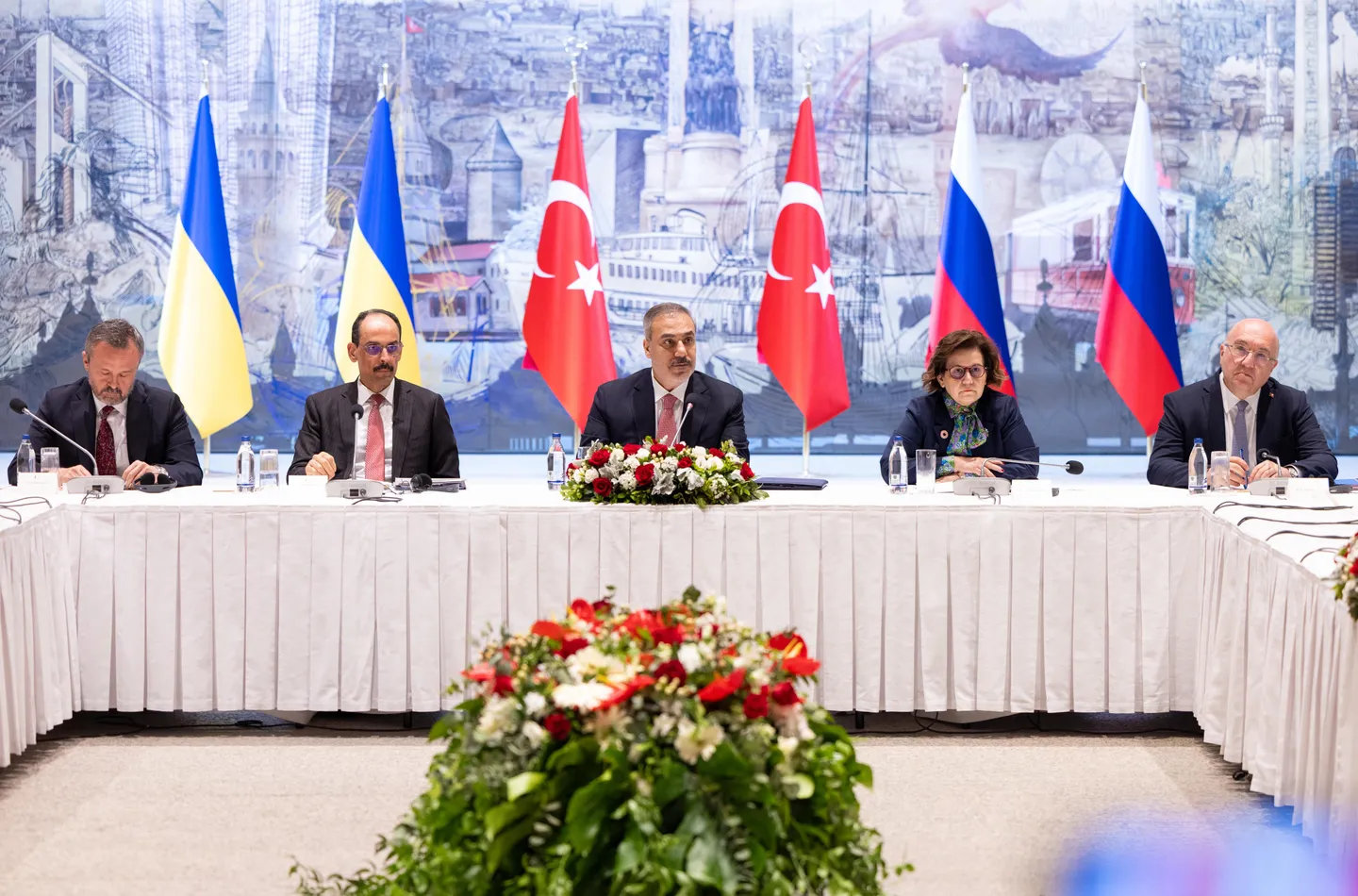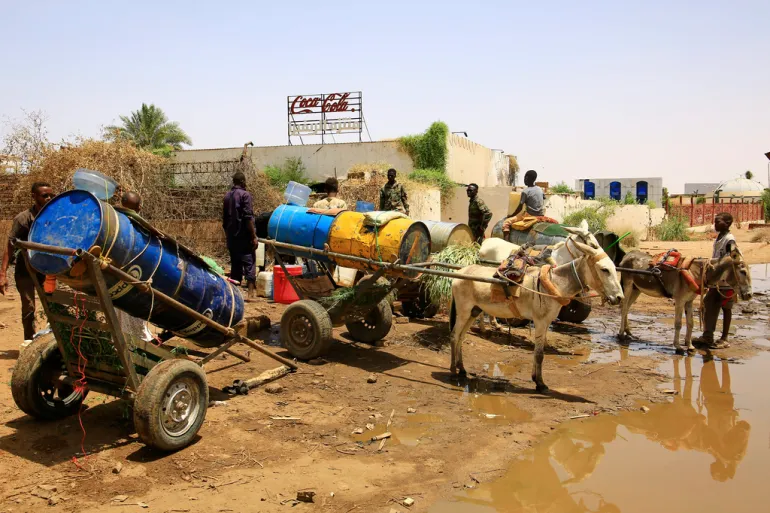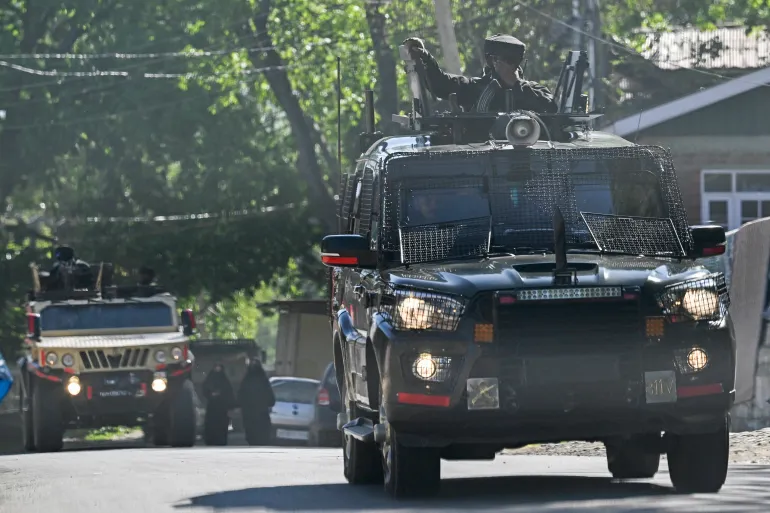Iran has launched a coordinated attack targeting Israeli military installations in the occupied Golan Heights in response to an Israeli airstrike that destroyed its consulate building in Damascus. According to reports from TRT World, the Iranian retaliation marks a sharp escalation in regional hostilities and underscores the deepening confrontation between the two long-standing rivals.
The Iranian operation reportedly involved a combination of drones and precision-guided missiles launched against strategic Israeli defense positions. The Islamic Revolutionary Guard Corps (IRGC) claimed responsibility for the attack, which it said was a direct response to Israel’s “flagrant aggression” on diplomatic soil, referring to the April strike on Iran’s consulate complex in Syria that killed several senior IRGC commanders.
In a statement broadcast on Iranian state media, the IRGC declared that it had struck “key Zionist military targets” and emphasized that its operation was both limited and proportionate. “This is a warning,” the statement read. “Any repetition of Zionist aggression will be met with an even more severe response.”
Israeli officials confirmed that a barrage of drones and missiles was fired toward military sites in the Golan Heights, a region Israel captured from Syria in 1967 and later annexed in a move not recognized internationally. The Israel Defense Forces (IDF) stated that most of the projectiles were intercepted by the country’s Iron Dome air defense system, but acknowledged minor damage and some injuries at one military base. Emergency protocols were activated, and civilians in nearby areas were ordered to remain in shelters.
Israeli Prime Minister Benjamin Netanyahu convened an emergency meeting of the country’s security cabinet in Tel Aviv and vowed a decisive response. “We will not tolerate attacks on our territory. Anyone who harms Israel will pay the price,” he said in televised remarks. Military reinforcements have since been deployed to the northern front.
The Iranian attack came after days of escalating rhetoric from Tehran, where top officials had vowed revenge for the consulate strike. Supreme Leader Ayatollah Ali Khamenei labeled the Israeli action a “violation of international law and Iranian sovereignty,” and called for a strong and public retaliation.
The consulate strike in Damascus, which Israel has neither confirmed nor denied, resulted in the deaths of at least seven IRGC personnel, including two high-ranking Quds Force commanders. The building, part of Iran’s diplomatic mission, was leveled in what many analysts considered a bold escalation of Israel’s shadow war against Iran.
Reactions from the international community have been swift. The United Nations urged restraint from all parties, warning that the situation could spiral into a broader regional war. The United States condemned the Iranian attack but also called for de-escalation. A White House National Security Council spokesperson reaffirmed U.S. support for Israel’s right to self-defense but stressed the importance of avoiding a full-scale conflict.
Russia and China also weighed in, expressing concern over the growing tensions and calling for renewed diplomatic dialogue. Turkish officials urged both Iran and Israel to exercise restraint, while the Arab League convened a special session to discuss the implications for regional stability.
The Golan Heights strike highlights the expanding scope of the Iran-Israel conflict, which has increasingly spilled into open military exchanges across Syria, Lebanon, and even Iraq. Analysts warn that the risk of uncontrolled escalation is now higher than at any point in the past decade.
Regional militias aligned with Iran, including Hezbollah in Lebanon and various Iraqi paramilitary groups, have expressed solidarity with Tehran. Hezbollah leader Hassan Nasrallah declared that “resistance forces across the region stand ready” if further Israeli aggression occurs.
As of now, there is no indication that Iran will pursue additional strikes immediately, but the IRGC warned that its “strategic patience has limits.” Israel, meanwhile, has pledged to respond in kind if provoked further. The situation remains tense and fluid, with both sides bracing for potential reprisals in what may be the most serious direct confrontation between the two countries to date.
Source: TRT World



